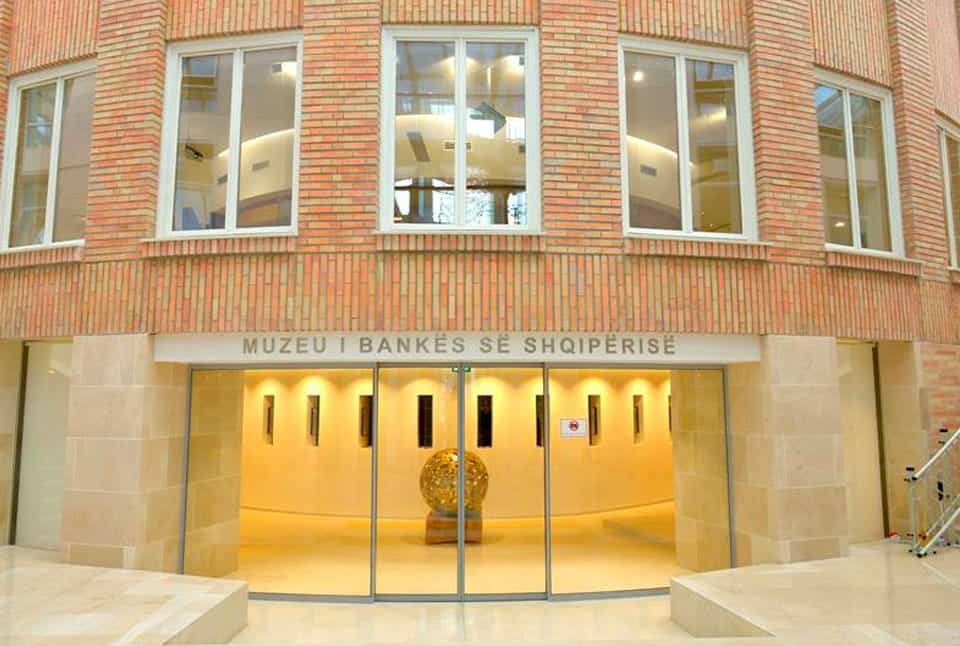
Challenges of conducting research at central banks
Marko Škreb
Central banking consultant
The workshop on strengthening research capacity at central banks was organized by the BCC and the Bank of Albania and took place on May 9-11, 2022 in Tirana. It was a great success, with all eight central banks of the BCC Program taking part in presence or remotely, despite the workshop being an early “victim” of the Covid-19 pandemic that postponed it by more than two-year. After the opening sessions and introduction, participants actively discussed eight presentations from different central banks. Presenters focused on a specific topic concerning research at their respective central bank.
With differences among their countries and central banks, one of the first conclusions was that recommendations on how to strengthen research at central banks have to be tailored to the specific country, instead of “one size fits all” general advice of limited use. There are many common questions and dilemmas facing researchers in all central banks. The main issues include:
- Academic work vs. policy making. All central banks agree that their work should not be of academic nature only. It should be relevant for policy-making and decision-making in general. This means a constant struggle to have research at the highest academic level but at the same time ensure applicability of the outputs. One should try to hit a soft spot for one’s own bank, country and time.
- Choosing topics for research. Topics for research are usually determined by combining top-down and bottom-up approaches. There is a “tension” between the most pressing problems for a central bank and work on strategic goals of research with a longer term horizon. With a rapidly changing economic environment one has to be able to swiftly transfer research resources from one topic to another.
- Demand for research output/services. If there is no sufficient demand, research has to create it by showing its relevance or it will be useless. Research output has to be useful for senior management and other departments in the bank. External demand is also relevant as central banks produce public goods, such as financial and price stability.
- Measuring output and outcome of research. Academic measurement criteria cannot be applied directly to research work at smaller central banks. They should develop systems of quantitative and qualitative measurement of their specific work in line with their own objectives.
- Human resources challenges with research staff. The question is how to hire the best staff and keep them. Moreover, there is a need to constantly improve their quality. A combination of measures has to be applied to achieve this, like: offering financing of advanced degrees, have good relations and exchanges with universities, organizing and sending researchers to conferences workshops, having visiting scholars’ programs and secondments, etc. Modern economic tools are constantly changing, for instance with the growing use of real time data (nowcasting). With rapidly changing economic environment (like the Covid-19 pandemic or rapidly increasing inflation) data available only with several weeks or months delay are of limited use to reach optimal decisions. Combining web scraping for different type of data with artificial intelligence turned out to be helpful for central banks to get real time data.
- Transferring the results of research to senior management, other departments within the bank, and broader society. Modern economic research typically involves complicated mathematical models, econometric techniques, using big data and technical language that is not easily understandable by laypeople. A special effort has to be made to present research output in a non-technical and succinct way for users of their results.
- Organization of research function in banks is varied. Organization often reflects their different sizes, level of development, history, preferences of both politics (legal requirements) and management of the bank, etc. Central banks are legal monopolies, and thus not subject to market competition. This makes them difficult to change. But, their organization of research has to be flexible and adapt to new functions being given to central banks and new challenges like: new goals (employment), climate change, digitalization of finance, etc.
One of the main benefits of the workshop is that direct interaction among peers on the topic of research has advantages compared to bilateral technical assistance. Joint workshops of several central banks offer not only economies of scale (and often scope) but peer-to-peer learning. Informal and confidential exchange of good and bad practices is always useful. So is networking among peers. All participants confirmed that after the workshop they were enriched with new experiences, new insights and different perspective on common problem.
Literature:
Seung Mo Choi and Tara Iyer: Real-Time Economic Indicators Help Better Track Activity in Africa. at: https://blogs.imf.org/2022/05/27/real-time-economic-indicators-help-better-track-activity-in-africa/